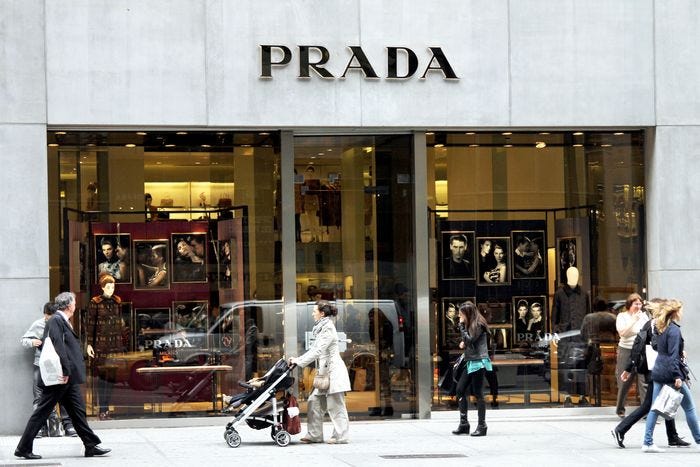1. Polyamory, the Ruling Class’s Latest Fad
This was one of the better articles that I’ve read in a while, by Tyler Austin Harper. It’s an essay responding to this NYT write-up, which was the main character on Twitter for a few days. It’s a summary and promotion of a book written by Molly Roden Winter about her foray into polyamory and the supposed revelations she’s had while being in an ethically non-monogamous relationship. “More (the book in question) —and the present interest in polyamory more broadly—is the result of a long-gestating obsession with authenticity and individual self-fulfillment. That obsession is evident today in Instagram affirmations, Goop, and the (often toxic) sex positivity of an app-dominated dating scene”
That polyamory became adapted by the upper echelons of American society should come as no surprise to anyone. It’s often touted as a self-improvement project that enables participants to reach their full potential. Its most ardent believers want you to believe that they’ve somehow reached a truly enlightened state by working through and overcoming all of the completely natural and hardwired emotions we’re programmed to experience when seeing our partner with another person. All of the ideology and pseudo-intellectual therapeutic self-help drivel that it’s wrapped up in tends to be one giant cope for what it actually is, banal pleasure seeking. Many of the fashionable moralistic trends the upper classes adopt are journeys into individualistic satisfaction. They’re acts of hedonism and narcissism that get dressed up as profound actions of self-discovery. And naturally, in this capitalistic economy, we get entire industries built around it. Polyamory influencers, polyamory group therapy, polyamory books, etc… Of course what gets touted as progressive by the wealthy is not beneficial for everyone, and in a large majority of cases is actively harmful. What this article does so well and why I included it is to summarize the profoundly narcissistic culture we live in and provide clear philosophical and sociological evidence as to why so many modern “self-help” trends end up hurting you. “Winter is trapped in her therapeutic worldview, one imposed on her by an American culture that has made narcissism into not simply a virtue, but a quasi-religion that turns external obstacles into opportunities for internal self-improvement.” Read here and use removepaywall.com to access if you can’t see it!
2. CAVA x Nolita Dirtbag
This was funny, self-aware marketing from Cava who partnered with internet meme-star and cultural critic Nolita Dirtbag. This trend of partnering with meme accounts tends to work quite well for brands who try it. Breaking the 4th wall and making fun of yourself and even your client base always seems to resonate.
3. The Luxury Flagship War on Fifth Avenue
“many have wondered whether the strip, which has long epitomized glamour and wealth in New York, would maintain its status despite the rise of online shopping and the economic fallout from COVID. But they needn’t have worried — luxury brands are doing just fine. Their sales, which went up last year, are expected to rise again this year to $77 billion in the U.S. And they’ve found a workaround for those high rents: using the abundance of cash they’re sitting on to buy their own real estate.”
While everyone’s getting laid off rich people are still doing rich people shit. Can’t blame ‘em. Luxury stores are now battling it out and buying up prime real estate on 5th Ave to add their balance sheets. Read here.
4. A.I. Fuels a New Era of Product Placement
New technology has made it easier to insert digital, realistic-looking versions of soda cans and shampoo onto the tables and walls of videos on YouTube and TikTok. And a growing group of creators and advertisers is grabbing at the chance for an additional revenue stream.
A recent TikTok from the dancer Melissa Becraft featured a poster for Bubly, the sparkling-water brand owned by PepsiCo, hanging on the wall of her apartment as she shimmied to a Shakira song. A duo known as HiveMind chatted about bands while an animated can of Starry soda, another brand owned by PepsiCo, landed on a table between them. And a YouTube video of the “AsianBossGirl” podcast recently displayed a table of Garnier hair products.








